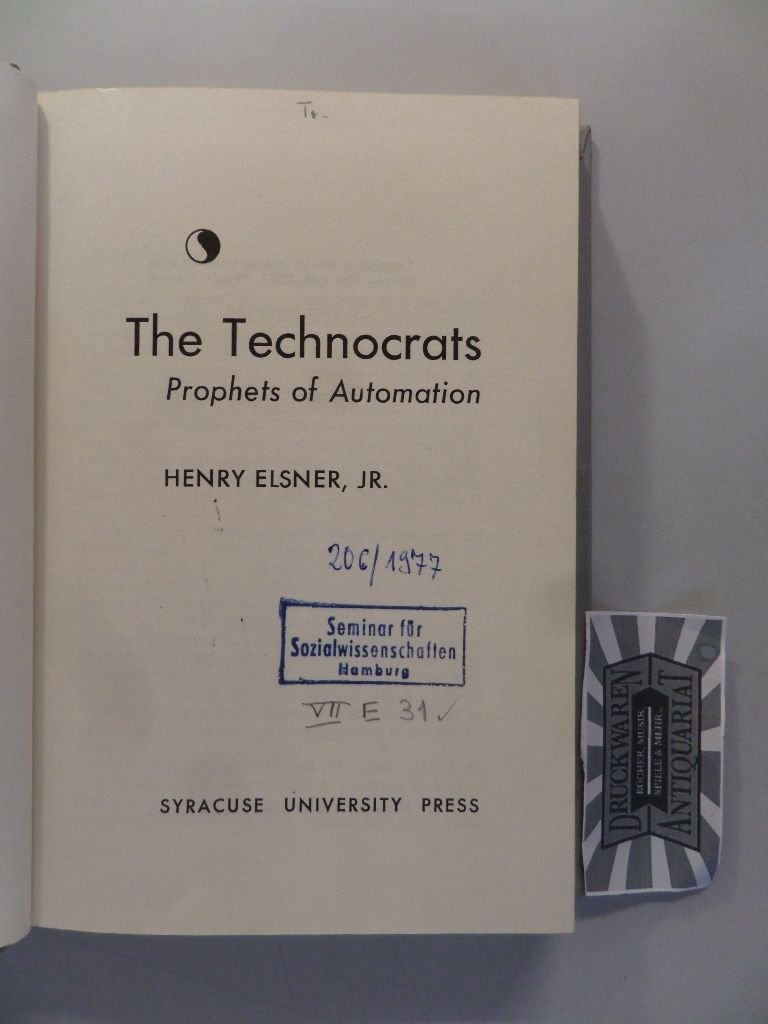What do you think?
Rate this book


Hardcover
First published December 12, 1967
Several other aspects of Technocracy Inc.’s defense program are worth comment. Assuming both that total conscription would be needed for efficient conduct of war—or perhaps even for survival (the myth of totalitarian “efficiency” was strong in the 1930’s and 1940’s)—and as a transition to Scott’s Technate, some questions remain unanswered. Why the virulent attack upon the “alien” cultures of French Quebec and Central and South America, and the insistence that they be exterminated by force? Why the superpatriotic insistence upon “one language, one culture”? Why elevate the banning of all foreign language organizations and periodicals into a major item of policy; was this a requirement of “efficiency,” or were other pressures involved?
Two kinds of answers seem possible. One is that Howard Scott was opportunistically compensating for his organization’s 1939 antiwar stand with 110 per cent Americanism. Presumably Technocracy Inc. would not care to be banned in the United States as well as in Canada. A tirade against South American “fascism” could be an effort to overshadow some of the prior statements about European fascism which might not seem astute in the light of subsequent world events. An alternative answer might be that in a period of perceived crisis, Howard Scott could drop ambiguities of intent; he had previously referred to the “elimination of minorities” in the new society, but the references might have meant business and political groups. Now the phrase seemed to mean precisely what it said.